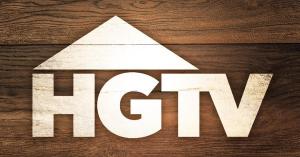The coronavirus pandemic and the resultant economic fallout are both expected to continue for some time, and with unemployment still at an all-time high, many Americans need a hand. One option is a coronavirus hardship loan — a new type of personal loan designed specifically for temporary financial support during this outbreak. To apply, you should find out if you qualify for the loan and contact the lender of your choice.
Coronavirus hardship loans are becoming more common at banks, credit unions, and other financial institutions around the country, according to a report by CNET. Typically, these come with very consumer-friendly terms — low-interest rates, delayed or deferred repayment, flexible options, and a wide range of applications. They can range in amount from $500 to $5,000 — or more depending on a borrower’s circumstances. Becky House, director of American Financial Solutions, suggested: “I recommend asking the bank or credit union someone already uses about the loans they offer.“
Videos by PopCulture.com
While many coronavirus hardship loans top out at $5,000, House said that she has heard of some reaching $10,000 under the right circumstances. For those looking to apply, she recommended gathering all the usual paperwork one might want to apply for a loan, plus any documentation that can prove how the coronavirus pandemic has explicitly affected you.
“For the most part, requirements are the same as they normally are when applying for a loan: a credit report and score that reflects a good payment history and income that supports repayment,” House said. “But many places are also offering loans to people who have less than perfect credit.”
For a general framework, House described interest rates starting at around 3 percent, deferred payment for 60 to 90 days and approval for use on rent, mortgage payments, car loans, paying off high-interest credit cards, or buying food and other supplies. However, all of these numbers and parameters are subject to change — many of the loans can be deferred for as long as 120 days, for example.
Shopping around for these loans may be tricky, but House recommended starting with the financial institutions you already have a connection to. In many cases, the lowest interest rates are being provided by credit unions, but only to members. If you are not a member of a credit union, now may be the time to talk to a friend or family member about joining theirs.
National banks are reportedly beginning to offer coronavirus hardship loans as well, again favoring members first. This option may become increasingly important for those waiting on another stimulus check.









